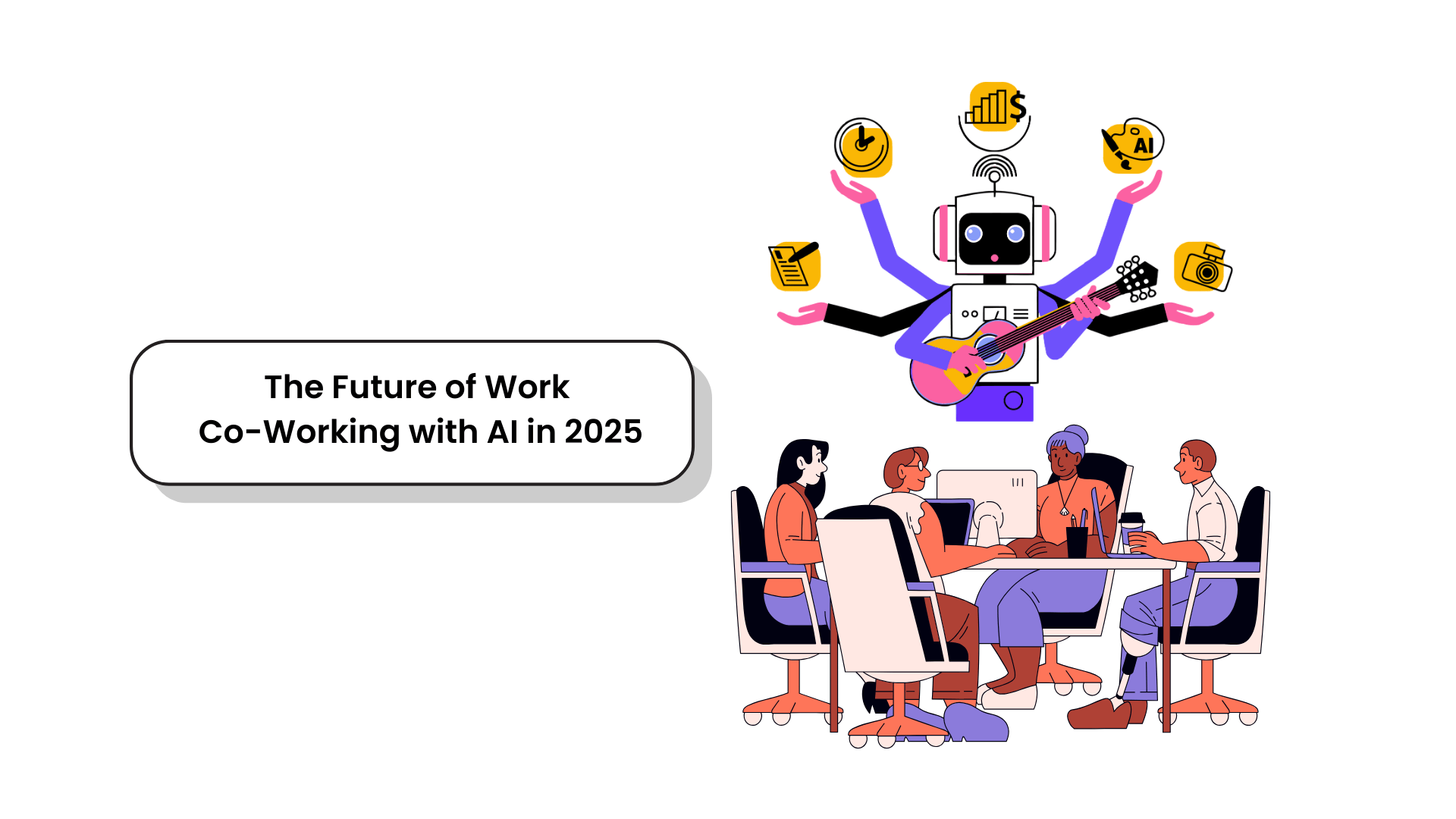The workplace is undergoing one of the most significant transformations in history, and it’s not just about remote vs. in-office anymore. In 2025, the fundamental shift is the seamless integration of Artificial Intelligence as a co-worker. From streamlining meetings to automating tasks and enhancing decision-making, AI is no longer just a tool. It’s part of the team.
Here’s how AI is actively reshaping how we work and what it means for the future of collaboration and productivity.
1. AI as Your Virtual Assistant
Today’s AI assistants are not just setting calendar reminders. They summarize meetings, draft emails, generate reports, and schedule tasks based on your work patterns. Tools like Microsoft Copilot, Notion AI, and Google Duet AI are embedded directly into your daily apps, making multitasking faster and less mentally taxing.
Impact:
- Fewer repetitive tasks
- More focus on creative and strategic work
- Reduced burnout through automation
2. Real-Time Collaboration with AI Agents
Modern workplaces now feature autonomous AI agents that can act independently. These agents can join meetings, offer suggestions during brainstorming sessions, or collaborate on project timelines using real-time data.
Imagine having an AI in a Slack channel that answers data queries or drafts a proposal collaboratively. That’s no longer future talk. It’s already happening.
3. Personalized Learning and Upskilling
AI doesn’t just do the work; it helps you improve. Learning platforms now use machine learning to analyze skill gaps and recommend personalized learning paths. AI coaches also provide soft-skill feedback based on communication tone or meeting performance.
Result: Smarter teams, faster upskilling, and less time wasted on irrelevant training.
4. Smarter Decision-Making
AI-powered analytics tools are enabling data-driven decision-making like never before. Managers now receive actionable insights in dashboards that report what happened and predict what could happen next.
Tools like Tableau GPT and Salesforce Einstein go beyond charts; they generate plain-language reports and suggestions, helping teams pivot quickly and confidently.
5. Redefining Roles and Team Structures
As AI takes over administrative and routine responsibilities, job descriptions are evolving. Roles like “AI Operations Manager” and “Prompt Engineer” are becoming mainstream. Teams are becoming smaller but more specialized, with AI handling the grunt work.
6. Ethics and Boundaries Matter
With great power comes responsibility. AI in the workplace raises concerns about surveillance, bias, and data usage. Companies are now building “AI Codes of Conduct” to establish ethical guidelines for how AI tools interact with humans in the workplace.
Transparent implementation is becoming a key competitive advantage, not just a compliance checkbox.
Final Thoughts
Co-working with AI isn’t about humans vs. machines. It’s about humans + machines. Organizations thriving in 2025 will see AI as a tool and a partner in innovation, productivity, and growth. The future of work isn’t robotic. It’s augmented, intelligent, and deeply collaborative.
Hashtags

